Further opening-up of the Chinese capital market and deepening cooperation with multilateral financial institutions will not only bolster the country's high quality economic growth, but also provide more opportunities outside the country, said experts.
China will steadily include more futures and options that can be directly traded by overseas investors. Commodity futures and options accessible to qualified foreign investors (QFIs) will also be expanded in an orderly manner.
Chen Huaping, vice-chairman of the China Securities Regulatory Commission, released the above information during the 19th China (Shenzhen) International Derivatives Forum held on Saturday.
The CSRC, the country's top securities watchdog, will also support domestic and foreign exchanges to carry out settlement price authorization and launch cross-border commodity exchange-traded funds. Overseas exchanges will be allowed to launch more financial products linked to Chinese onshore futures prices, said Chen.
The Shanghai Futures Exchange (SHFE) is studying the internationalization of its nickel products, the exchange's deputy general manager Zhang Ming said at the Saturday forum.
The SHFE will study rolling out more international products to better meet risk management demand from companies around the world, Zhang said.
He said the SHFE has introduced six futures products directly available to overseas investors, including yuan-denominated crude oil, international copper and low sulfur fuel oil. As to the other 16 futures options accessible to QFIs, they are now traded by investors from more than 30 countries and regions, covering companies along the industrial chain, cross-border trade firms, investment banks, funds and asset managers.
As of end-November, the SHFE saw the number of overseas clients up 20 percent year-on-year and QFI clients spiked 60 percent on a yearly basis.
"By giving full play to the massive size of the Chinese market and achieving higher level opening-up, the futures market can better serve the real economy," Zhang added.
The further opening-up of the Chinese futures market will help to bring in higher returns, better diversify risk and enhance market liquidity, said Kang Lan, deputy general manager of Metori Investment Management (Zhuhai Hengqin) Co Ltd.
More two-way opening-up is underway in the Chinese insurance sector.
According to an action plan to promote high-quality development of the Chinese property insurance sector — released by the National Financial Regulatory Administration on Friday — qualified overseas financial institutions will be supported to invest in the Chinese property insurance sector. Foreign property insurers already operating in China will be encouraged to seek high-quality development. Meanwhile, qualified Chinese property insurance firms are encouraged to optimize their business layout in overseas markets.
Via reform and opening-up, the property insurance sector can better absorb economic fluctuations, stabilize economic growth and serve the country's major strategies, said Wang Guojun, professor at the School of Insurance and Economics at the University of International Business and Economics.
Public data show that there are about 20 foreign property insurers operating in China. In October, the NFRA gave the green light to BNP Paribas and Volkswagen Financial Services to jointly set up a property insurance company in Beijing. In May, Generali China Insurance was approved to acquire the 51 percent stake previously held by a Chinese company, making it a wholly foreign-owned property insurance company.
Foreign insurers' continued investment in China has also reflected their confidence in seizing business opportunities in the Chinese insurance market, said Jimi Zhou, financial service consulting partner at PwC China.
During the "1+10" Dialogue held in Beijing on Monday, Premier Li Qiang said that the country will steadfastly advance high-standard opening-up and take on international obligations commensurate with its own capabilities to jointly promote the healthy and stable development of the global economy.
China will introduce more autonomous and unilateral opening-up policies, further expand the network of high-standard free trade zones, and continue to create a market-oriented, law-based, world-class business environment, said Li, while meeting leaders of multilateral organizations including the World Bank, the International Monetary Fund, the World Trade Organization and New Development Bank, among others.















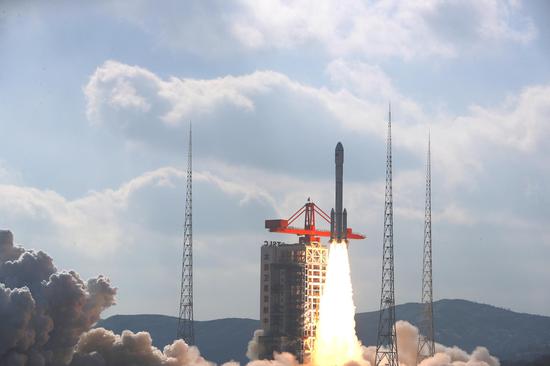



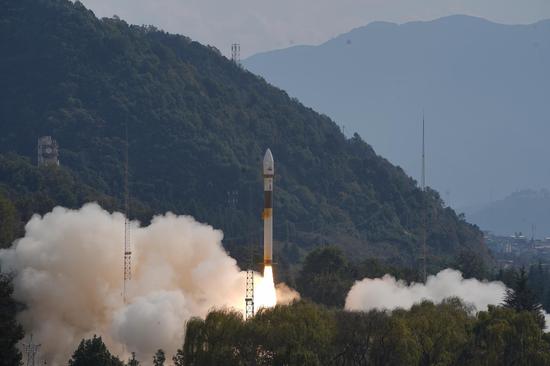

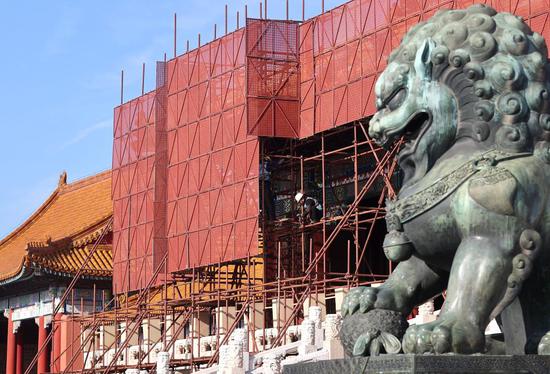


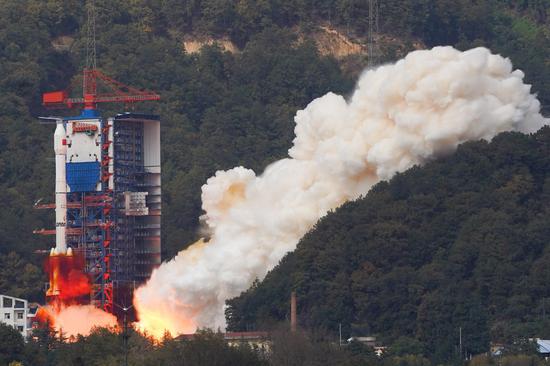
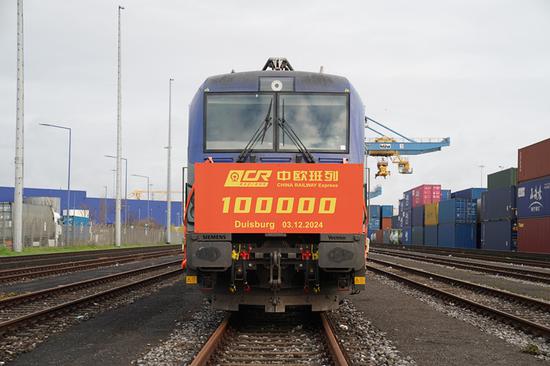
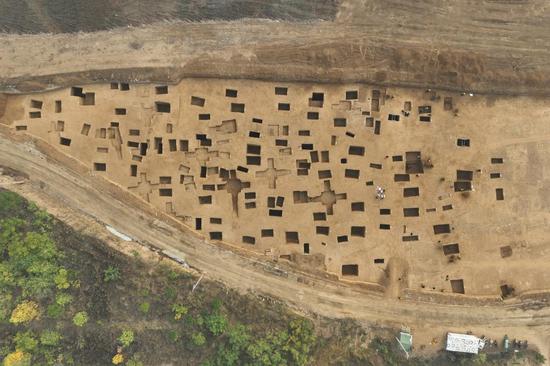
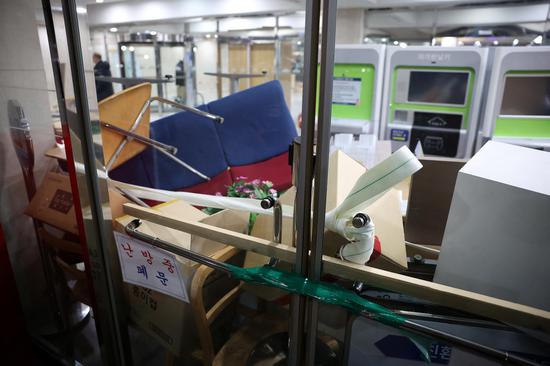




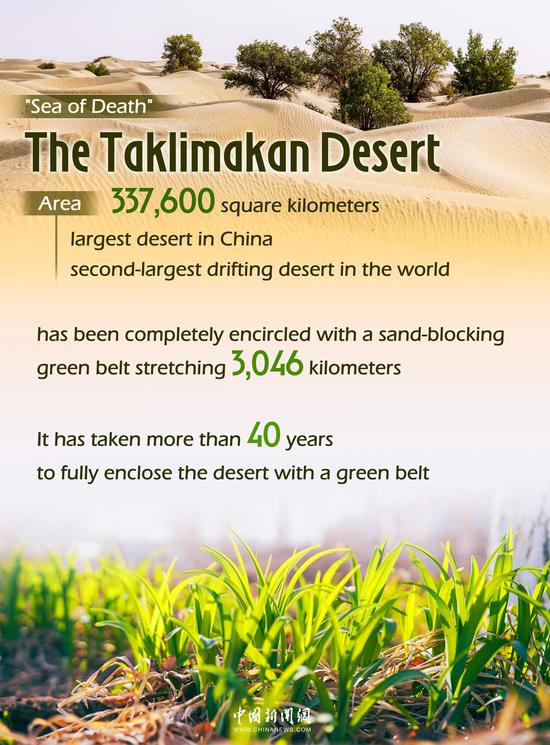



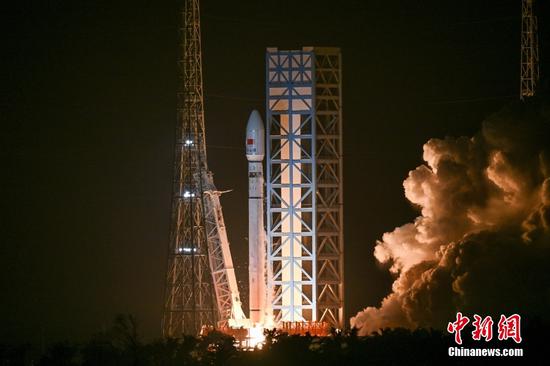

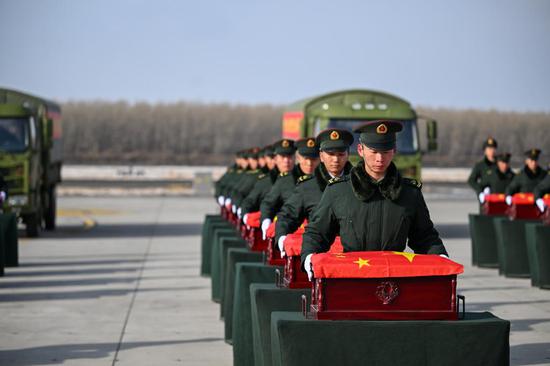

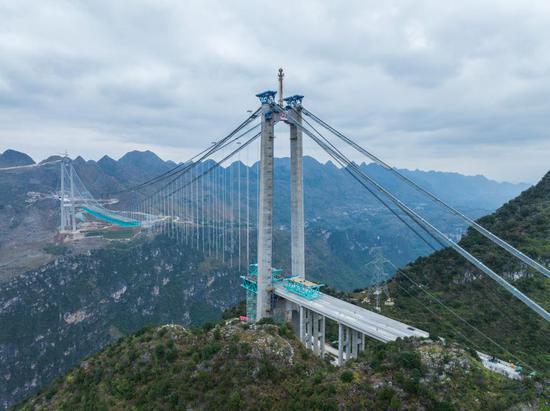


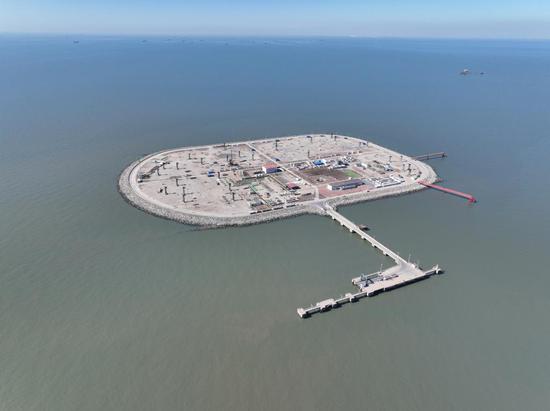


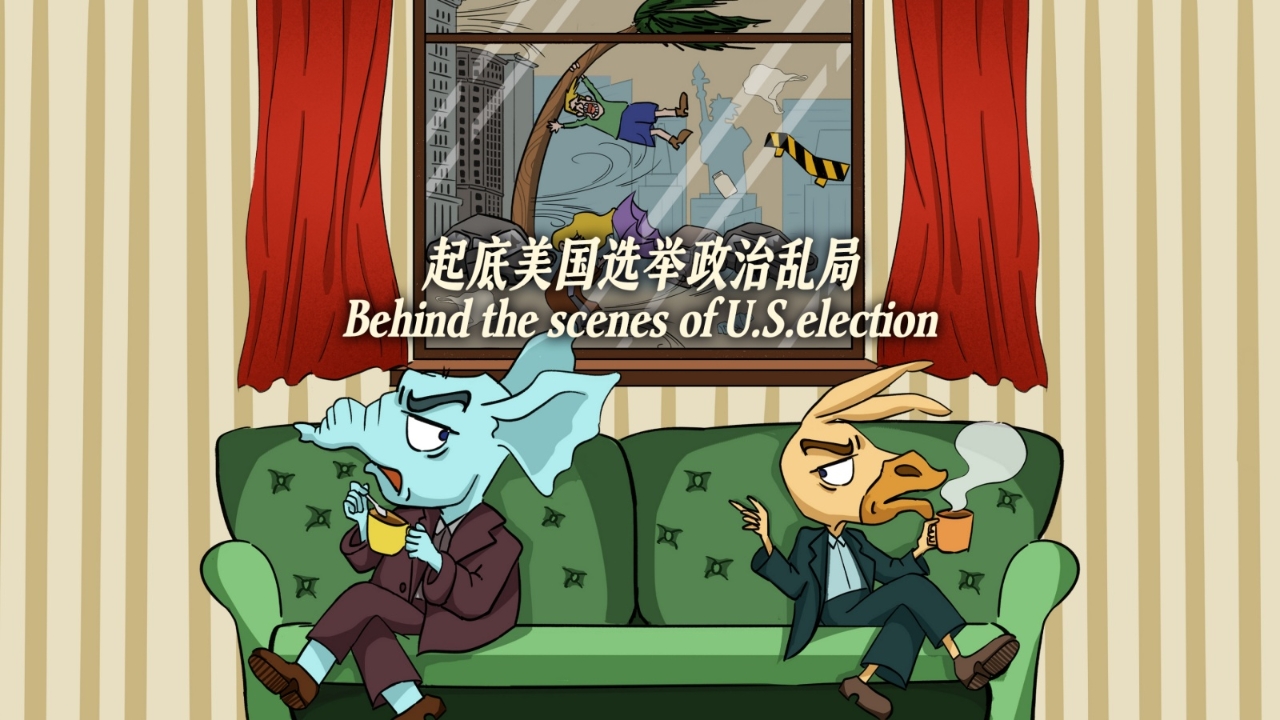



 京公网安备 11010202009201号
京公网安备 11010202009201号